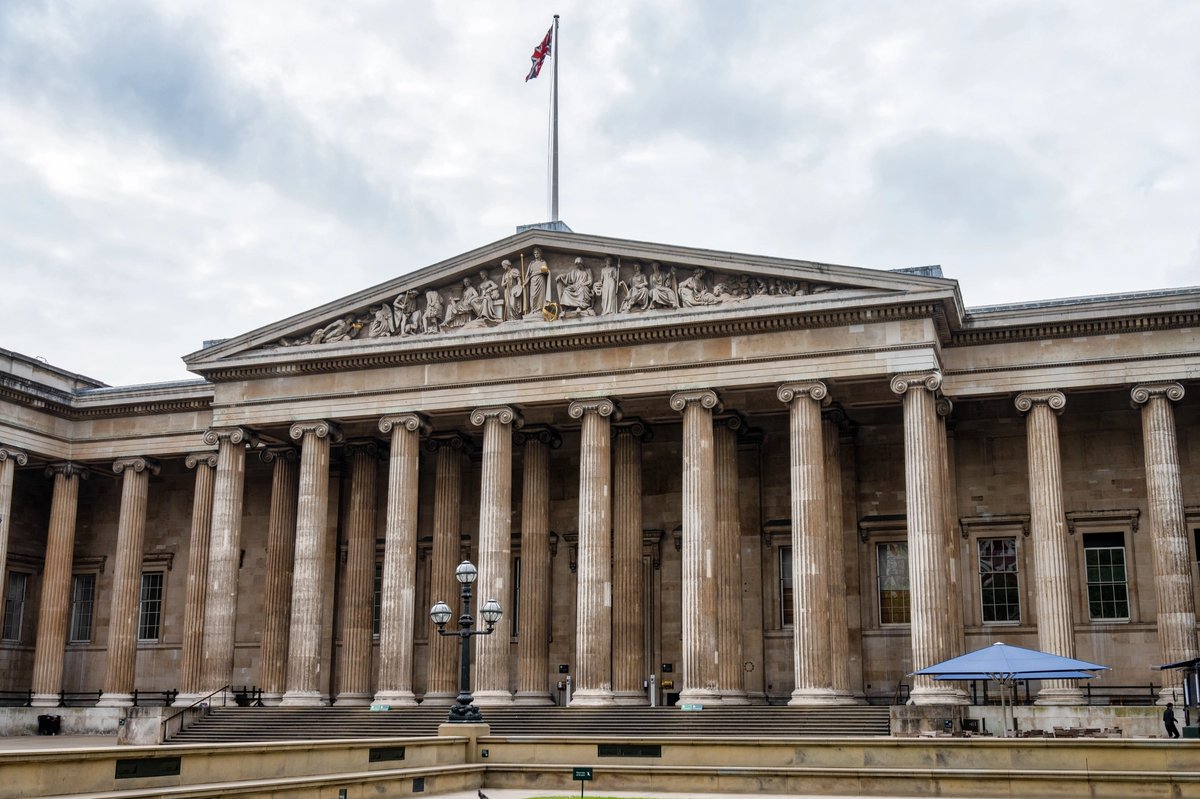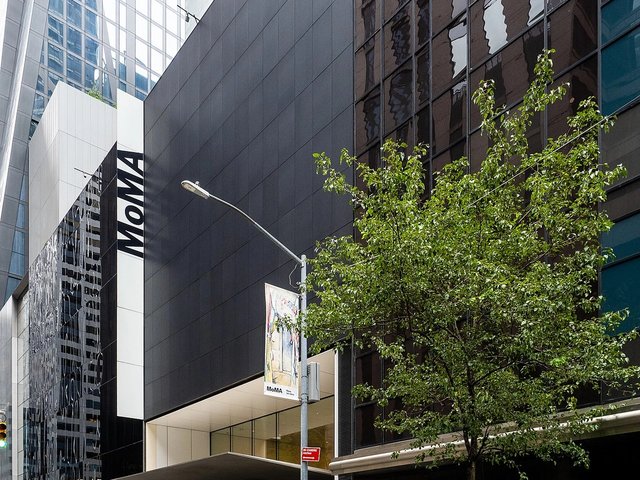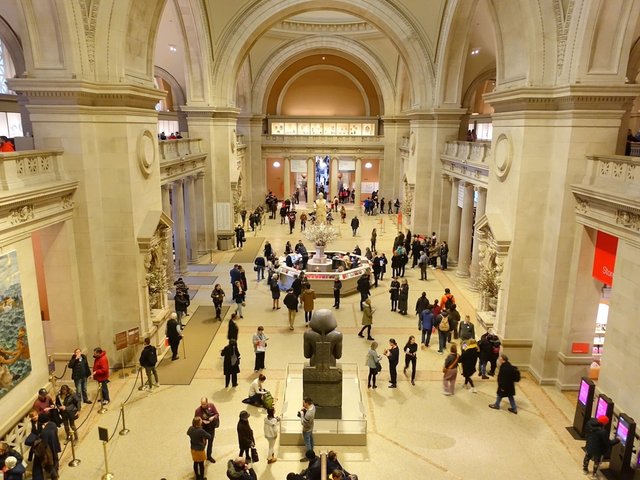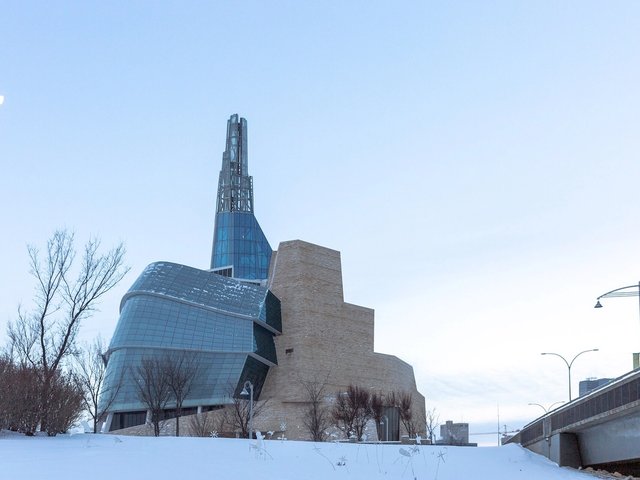An event marking the anniversary of the founding of Israel held at the British Museum (BM) in London on 16 May has sparked anger among some members of staff—sources close to the institution have told The Art Newspaper—and external condemnation.
The private event was organised by the Israeli embassy in London. Speakers included the Israeli ambassador to the UK, Tzipi Hotovely, and the UK minister for defence procurement and industry, Maria Eagle. The comedian Jimmy Carr, the Conservative party leader Kemi Badenoch and the leader of the right-wing Reform UK party, Nigel Farage, also reportedly attended.
While the event was a commercial hire, many have questioned the decision to go ahead with the celebration of a day that for many Palestinians represents the Nakba (“catastrophe” in Arabic)—which led to the forcible displacement of around 750,000 Palestinians from their ancestral lands—during one of the most lethal weeks of the 19-month conflict between Israel and Hamas.
Since the event took place, extreme famine has set in across Gaza and, in one airstrike by Israel Defense Forces, nine of a single family’s ten children were killed. The British, Canadian and French governments have publicly condemned Israel’s expansion of military operations in Gaza and warned of “concrete actions” if it continued.
“This is not a matter of party politics or the complex questions of sponsorship,” the historian and author William Dalrymple tells The Art Newspaper. “This is providing support for one of the great moral catastrophes of our time. At such a time to show such astonishing insensitivity, especially for an institution which needs—as [the chair of the BM’s board of trustees] George Osborne has said—to collaborate with institutions globally, many of which will be as horrified and disgusted as the museum's own staff are, is astounding.”
Venetia Porter, the museum’s former longtime curator of Islamic art and contemporary Middle Eastern art, says: “It is not possible that neither the director nor the chair of the board of trustees were aware of this event, nor is it possible that they did not fully understand the implications of it. To host such a partisan event when we know that there is an ongoing genocide seems to be anathema to what I always treasured about the British Museum.”
The BM confirmed that, due to the sensitivity of the event, it was signed off by senior leadership. A spokesperson described the decision as in line with the UK government’s own stance on Israel. “When considering whether to accept the request we looked at precedent—and the fact that other embassies had held similar events here. We also considered our status as an arms length body—which means that we cannot deviate from, or undermine, the UK government’s foreign policy.” While the British government has suspended some arms export licences to Israel, others are still granted.
The Art Newspaper spoke to multiple members of staff at the museum who say they were—in the words of one person—“furious” that the event took place. Concerned staff have organised an internal petition that they have sent to the BM’s director Nicholas Cullinan and the board of trustees to demand that they cease relations with Israeli cultural institutions, with 250 signatures recorded at the time of writing.
They worry that the event and the ongoing perception of support for Israel at this time will jeopardise the ability of curators to accomplish their work, with fears that foreign institutions will no longer be willing to partner with the museum.
Some staff also allege that the code of impartiality that governs their behaviour was violated by the museum itself, though the museum disputes that the decision to host the event was political. “All decisions about commercial events are taken on a non-political basis,” the BM spokesperson said.
Israel declared its independence on 14 May 1948, after the United Nations had divided the former British Palestinian Mandate into Arab and Jewish states, which Arab nations did not support. This event triggered the Arab-Israeli war of that year, which led to the deaths of thousands of people on both sides and the mass displacement of Palestinians.
Campaign groups, including the climate organisation Energy Embargo for Palestine and the pro-Israel groups Stop the Hate and Our Fight UK, demonstrated on the night of the British Museum’s event.
“We are very aware of the strong feelings held, the loss of life is desperately sad, and the British Museum respects other people’s right to express their views,” a spokesperson for the BM tells The Art Newspaper.
The Israeli embassy did not respond to a request for comment.






